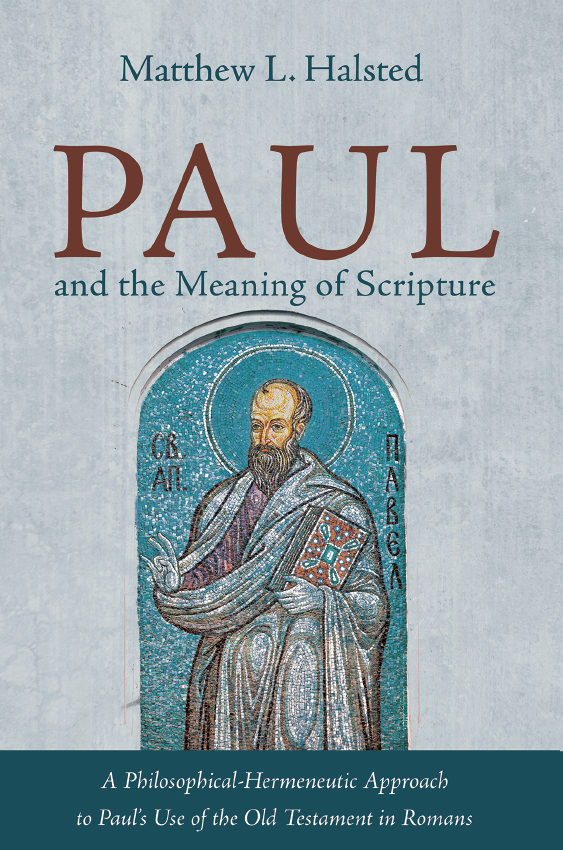
+ + +
One exciting area of study is Paul’s use of the Old Testament. The apostle routinely appeals to Scripture to support his arguments and to persuade his readers. One gets the impression that Paul has a high respect for Scripture and that his knowledge of it is broad and comprehensive. And yet, there is something enigmatic about his use of the Old Testament at the same time—something elusive and even puzzling. His interpretations can appear strained, sometimes going beyond the text’s original context. Is Paul a poor reader of Scripture? Is there genuine tension between Paul’s interpretations and the original context of his quotations?
In this riveting study, Matthew L. Halsted takes readers through Romans to explore these and related questions. In the end, he argues that such tension does exist and that the solution is not to ignore it or view it as a liability, but rather to preserve it by adopting a hermeneutic that can sufficiently account for it as an integral element for each and every act of interpretation. Following the insights of philosopher Hans-Georg Gadamer (1900-2002), Halsted describes Paul’s use of Scripture as dialogical re-authoring—a term that captures the dynamic relationship between the apostle and the Jewish texts that were so important to him.